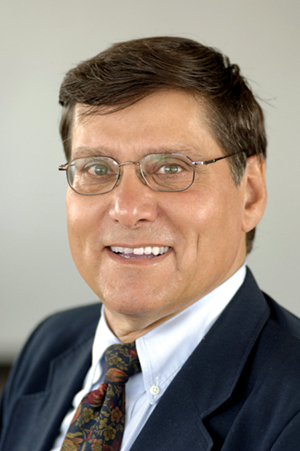For a prime minister who has been spending plenty of money on constitutional litigation, Stephen Harper doesn’t seem to have a lot to show for it.

Not long ago, a Liberal MP, Scott Simms, asked six of Harper’s cabinet ministers to reveal how much of the taxpayers’ money they had spent fighting 16 specific constitutional cases.
Obviously, being a Liberal, Simms picked 16 cases he knew would show Harper and his cabinet had been wasting taxpayers’ money, in this instance about $7 million of it. Simms didn’t choose the cases at random. He chose those Harper had lost.
Harper’s legislation isn’t all that bad, especially for a Conservative government. It’s seems he just doesn’t know how to write legislation that doesn’t violate the Charter of Rights and Freedoms or the Constitution.
NDP justice critic Françoise Boivin says the Conservative government needs to explain why there’s a pattern of ramming through flawed bills that don’t stand up in court.
So why does Harper keep throwing flawed legislation at the courts? Maybe he thinks that sooner or later they’ll come over to his side.
It’s more likely Harper doesn’t know how to take legal advice from the scores of legal experts he has available to him or he refuses to listen to them as he thinks he knows the law better than they do. It seems he’d rather fight his case in court time and again and then attack the judges when he loses.
One of the best-known losses was the Supreme Court’s rejection of Justice Marc Nadon’s appointment to its own bench. Chief Justice Beverley McLachlin had even called up the justice minister ahead of time to talk about it.
Was it to warn Harper? Talk about doing Harper a favour. Harper, however, went ahead with the Nadon appointment anyway and lost the case. Since then, it has been one lost case after another.
Harper acts as if the Supreme Court judges are against him, forgetting that he appointed most of them. In reality, they understandably feel they’re there to uphold the law rather than just agree with whatever Harper wants.
Since 2006, Harper’s government has brought in mandatory minimum sentences for 60 different crimes including gun and drug possession, sex offences, and drunk driving. Because of his mandatory minimums, Harper has more people in jail than ever even though crime rates have dropped to a 50-year low.
Harper shoots back that it’s his mandatory minimums that have reduced the crime rate. Judges resent that and some of them have found ways around the mandatory minimums.
Harper was on the losing side a few months ago when the Supreme Court ruled by a 6-3 margin that mandatory minimum sentences for gun possession were cruel, unusual, and unconstitutional.
In another instance, the judges struck down Harper’s retroactive changes to parole eligibility because it imposed a new punishment on offenders already tried and sentenced by the court.
Last July, a court ruled Harper’s cuts to health care for refugee applicants from places Harper considers to be safe countries amounted to cruel and unusual punishment. That case cost taxpayers $1 million. The court gave Harper four months to change the refugee health rules. Instead of accepting the judgment, Harper is going to appeal. How many more millions will the government spend on that?
Earlier this month, the Supreme Court said medical-marijuana users have a right to consume the drug in ways other than by smoking it. That was good news for people with lung problems as it could mean they could instead consume it in cookies, cakes, candies, and chewing gum.
Health Minister Rona Ambrose expressed outrage at the decision. She said the court was trying, like Liberal Leader Justin Trudeau, to encourage young people to use marijuana.
Rather than judges, government medical experts should decide what kind of medical marijuana people can consume, she said. Talk about politicizing a court decision.
In another drug case, the Supreme Court decided the federal government had no right to close down a Vancouver clinic where drug addicts could inject illegal drugs under proper medical supervision.
Lawyers have also found themselves in the middle of the controversies between the government and the courts.
In February, the court overturned a federal law that obliged lawyers to reveal to the government certain financial transactions involving their clients. The Supreme Court found the law unconstitutional because it forced lawyers to be unwitting agents of the government.
And so it goes with the Harper government passing laws and the courts overturning them. Taxpayers, of course, continue to foot the bill as the losses pile up.
Richard Cleroux is a freelance reporter and columnist on Parliament Hill. His e-mail address is [email protected].

 Not long ago, a Liberal MP, Scott Simms, asked six of Harper’s cabinet ministers to reveal how much of the taxpayers’ money they had spent fighting 16 specific constitutional cases.
Not long ago, a Liberal MP, Scott Simms, asked six of Harper’s cabinet ministers to reveal how much of the taxpayers’ money they had spent fighting 16 specific constitutional cases.